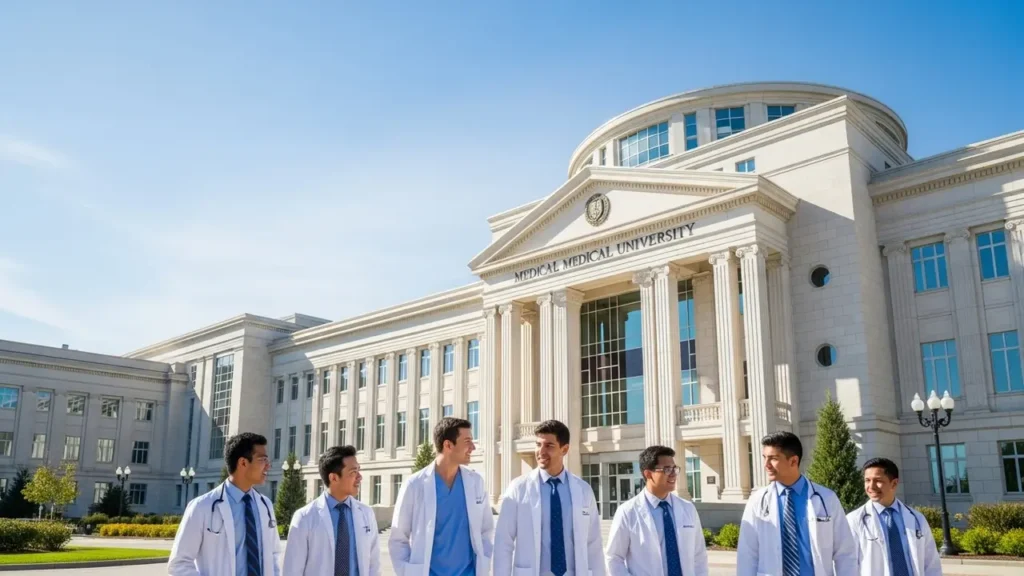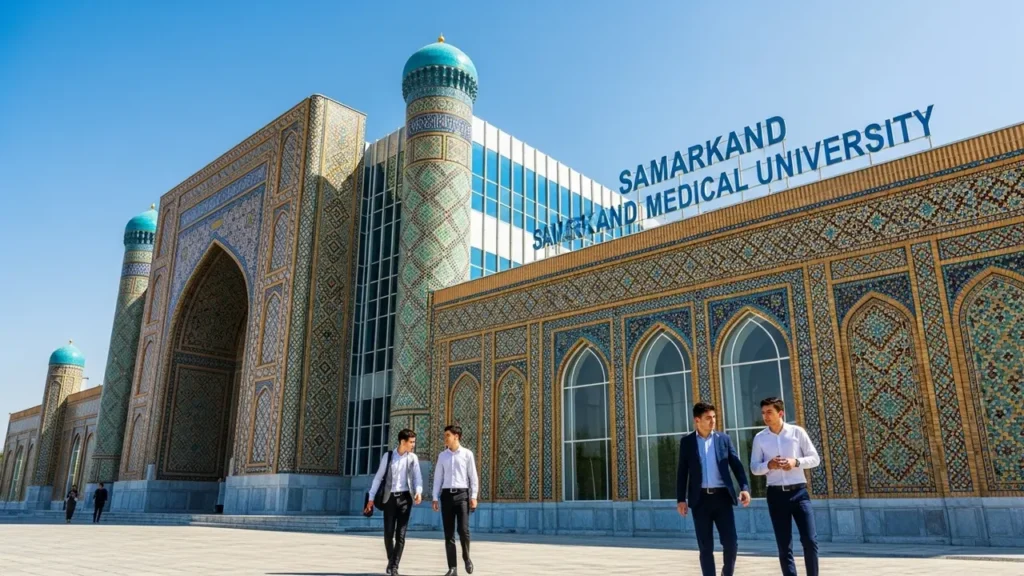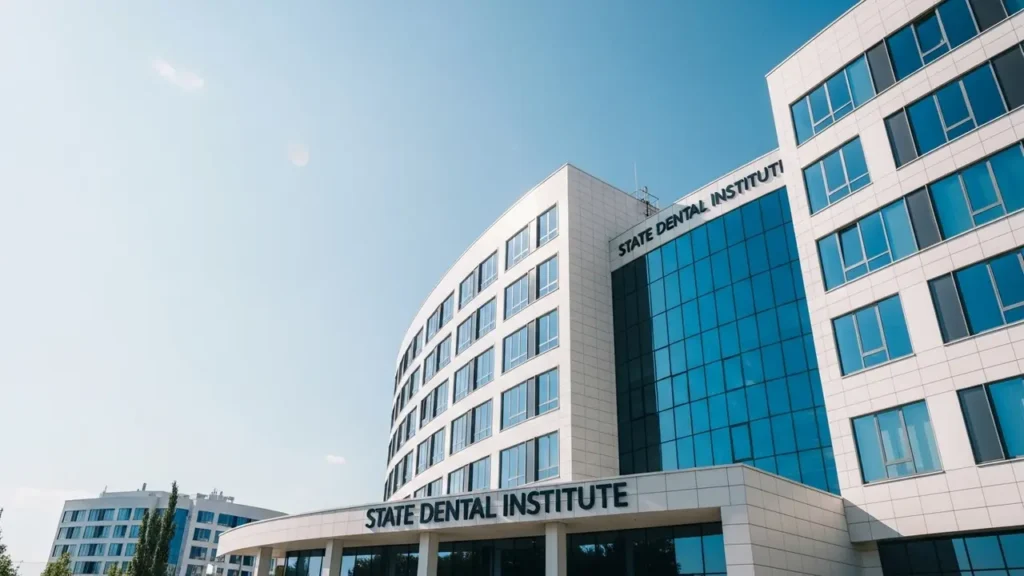Imagine this: you’re squinting at a map of Russia, trying to pick where to spend six years studying medicine. The country stretches across eleven time zones – bigger than Pluto’s orbit around the sun. How do you choose between Siberia’s frostbite weather and southern cities near the Black Sea?
The Great Weather Divide
Let’s grab a thermometer first:
- North: Subzero winters lasting half the year. Perfect if you enjoy seeing your breath indoors
- South: Short winters where snow melts faster than ice cream in July
I met a student from Mumbai who tried surviving a Saint Petersburg winter. She told me: “My eyelashes froze walking to anatomy class. But the aurora borealis made textbook diagrams look boring.” Meanwhile, a Nigerian student in Volgograd raves about biking to campus most of the year.
Wallet Warning Lights
Moscow rents cost more than medical textbooks. A studio here could run you $800/month – same price as an entire flat in Krasnodar with money left for borscht. But here’s the twist:
- Northern cities offer more part-time jobs for English speakers
- Southern universities often include free Russian language crash courses
Pro tip: Many hostels charge heating fees separately up north. That -30°C weather? It’ll chill your bank account too.
Culture Shock Absorbers
In Saint Petersburg, you might dissect cadavers by day and watch Swan Lake at the Mariinsky Theatre by night. Down south? Weekend hikes in the Caucasus Mountains beat Netflix marathons.
A Ugandan student in Rostov shared: “My neighbors taught me to cook blynziki. Now I host Russian brunches!” Meanwhile, Moscow’s international crowd means you’ll hear six languages in the metro…and zero on rural hospital rotations.
The Education Equation
Prestige vs practicality – that’s the real choice. Northern universities dominate global rankings, but Southern schools like Kuban State Medical University now boast:
- New simulation labs funded by oil money
- Exchange programs with Turkish and Iranian med schools
- Mandatory Russian language intensives for better patient interactions
Remember the golden rule: Check NMC recognition first. That fancy northern degree means nothing if you can’t practice back home.
The Ultimate Checklist
Before hitting “apply”, ask yourself:
- Can my jacket survive Arctic winters?
- Would I rather budget strictly or work part-time?
- Do I want ballet tickets or beach weekends?
The right choice isn’t about rankings – it’s where you won’t dread leaving your blanket fortress on exam days. Both regions produce great doctors. Your job? Pick the place where you won’t burn out before clinical rotations.
Need Quick Answers?
Q: Can I switch universities after first year?
Mostly no. Russian med programs are sequential – like dominos. Miss one block? Start over.
Q: Do southern hospitals have modern equipment?
Major cities do. For rural postings? Let’s just say you’ll master old-school diagnostic skills.
Q: How bad is the language barrier?
Patients over 40? Google Translate fails. Students who learn medical Russian get first pick at good internships.
Still torn? Contact current students through Russia’s official portal. But remember – there’s no “perfect” choice. Just different ways to become an excellent doctor.






